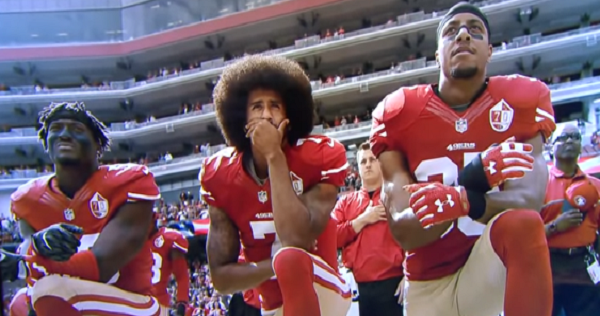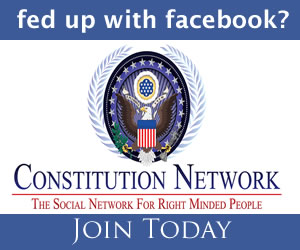
As ingrained in society as family flying into town for Thanksgiving and bunking up at the homestead for a weekend (in Seattle this could legally insinuate the presence of a derelict recreational vehicle precariously afloat in its own personal sea of detritus and needles and forever parked against a quiet neighborhood sidewalk) the National Football League is one of the most efficient business machines on the planet.
A rare capitalistic entity with the ability to evolve harmoniously in perfect coordination with legions of fans and necessary corporate sponsors in mastering the three phases of time, the only random aspect of the empire is the action on the gridiron following the opening kickoff. Every other facet of the massive production is articulated and micromanaged, and backed by decades of intense research and focus groups, contributing to creating an experience which perpetually resonates with a sizable audience. The result is billions of dollars in annual profit, with residents in certain regions lobbying legislators to rename Fall, “Football”.
The decision by the Roger Goodell and brass to allow dissenters of the National Anthem the option to remain in the locker room during the annual pregame ceremony, is quietly brilliant and borderline diabolical. However, one thing is for certain, there will be no kneeling, sitting, or doing the mamba, as the Stars and Stripes is honored during the 2018 season. Already, the debate has reached viral levels of digital rapids of tweets and posts cascading through server space on the internet like university students vigorously fighting for entrance to safe spaces during visits by conservative politicians and figureheads (the tax payers fund the warm milk and cookies, but not the hugs). In real life and on the coffee line, conversation on the subject has breached the fabric of the office space, street corner and cross-fit gym. Every American has an opinion on the controversy regardless of an affinity towards sports, and the low frequency perpetual background noise heard throughout the day is actually the powers that be of Major League Baseball collectively groaning, as once again the idea of “Let’s play two!” has been relegated to the wastelands of the subheadlines.
What the NFL has accomplished with the announcement transcends the concept of traditional branding and exists as a public relations maneuver that will provide the league with essentially a ceaseless gift horse, which is currently dominating every trending news listing and will continue to bridge the gap of Summer and into the regular season. At that point, the dialogue on the topic will remain fresh in the consciousness of the entire nation, as how of players, coaches, teams, and fans respond to the new rule, will generate new and polarizing content. It’s like an untapped source of gold for the entire brand.
The other burgeoning layer to the lucrative decision that merits mention, is the strategic move by the league to offer an olive branch to former fans as an unofficial apology, by offering an incentive to return to a season ticket holding status or front seat couch in the living room warrior, in restoring the National Anthem to the days of glory. Folks originally alienated by the open protests of certain players, now have a viable reason to reestablish loyalty and of course the part ways with certain contents of the wallet to a game that has not changed on the field.
A huge caveat to the publicity stunt, is the complete array of pending legal action and controversy from those not thrilled by Goodell’s decree. The move could have potentially detrimental effects on relationships between players, as well as gravitating into the courts with the presence of strong union representation for the highly paid athletes. Even with the potential negative consequences from a policy standpoint, the league still wins as “No press is bad press.”
While a player’s strike may be inevitable, if things get too dicey and competition looms from other professional football associations, as the Facebook scandal has taught society, it’s very difficult to change the habits of an online user, even if the vital concept of privacy has been completely violated. Can the same logic be applied towards lifelong football fans?
